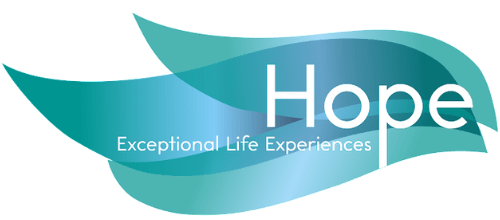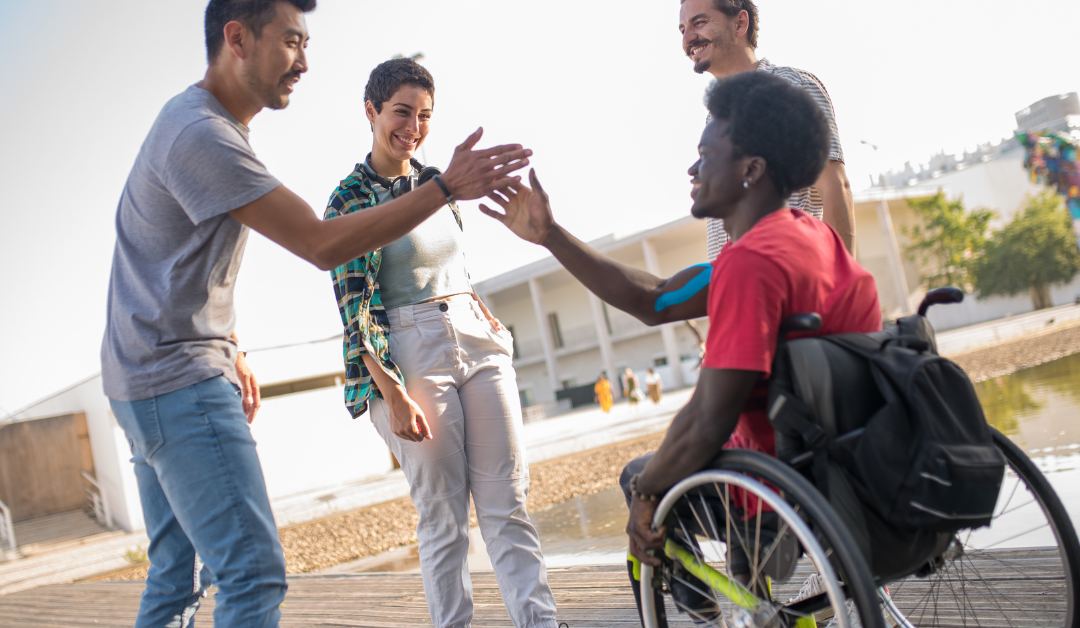Disability is a sensitive topic, and talking about it can be difficult for many people. However, it’s important to have open and honest conversations about how to talk about disability in order to promote understanding and create a more inclusive society.
In this blog, we’ll explore some tips on how to talk about disability in a respectful and empowering way.
1. Use Person-First Language
One of the most important things to remember when talking about disability is to use person-first language. This means putting the person before the disability, and recognizing them as an individual with unique talents and abilities. For example, instead of saying “a disabled person,” say “a person with a disability.”
2. Ask Questions
If you’re unsure about something related to disability, it’s okay to ask questions. However, it’s important to do so in a respectful and non-intrusive way. Don’t assume that everyone with a disability has the same experiences or needs. Instead, ask the person directly how you can best support them.
3. Avoid Stereotypes
It’s easy to fall into the trap of using stereotypes when talking about disability. However, this can be harmful and perpetuate misconceptions. Avoid making assumptions about a person’s abilities or limitations based on their disability. Instead, focus on their individual strengths and talents.
4. Be Respectful
Above all, it’s important to be respectful when talking about disability. This means listening to the person’s perspective, acknowledging their experiences, and avoiding language or actions that could be perceived as offensive. Remember that everyone has the right to dignity and respect, regardless of their disability.
In conclusion, disability dialogue can be challenging, but also really easy when you keep these things in mind. It’s important to have these conversations in order to promote understanding and inclusivity. By using person-first language, asking questions, avoiding stereotypes, and being respectful, we can create a more welcoming and inclusive society for people with disabilities.
Frequently Asked Question’s:
What is the terminology for disability?
The term “disability” refers to a condition—physical, mental, developmental, or sensory—that may limit a person’s movements, senses, or activities. The preferred terminology varies by context, culture, and personal preference, but in general:
-
Use “person with a disability” (person-first language) in formal or clinical contexts
-
Some communities prefer identity-first language (e.g., “disabled person”) as a point of pride and empowerment
-
Avoid outdated or offensive terms like “handicapped,” “crippled,” or “suffers from”
What are the terms of disabilities?
Disabilities can be grouped into several broad categories, such as:
-
Physical disabilities – affecting mobility or motor skills (e.g., paralysis, cerebral palsy)
-
Sensory disabilities – affecting vision or hearing (e.g., blindness, deafness)
-
Intellectual disabilities – affecting learning or cognitive functioning (e.g., Down syndrome)
-
Psychiatric or mental health disabilities – such as anxiety disorders, schizophrenia, or PTSD
-
Developmental disabilities – typically diagnosed in childhood, such as autism or ADHD
-
Invisible disabilities – not immediately visible but still impactful (e.g., chronic pain, epilepsy, fibromyalgia)
What are 14 types of disability?
While different organizations may classify disabilities slightly differently, here are 14 common types often recognized:
-
Autism Spectrum Disorder
-
ADHD (Attention-Deficit/Hyperactivity Disorder)
-
Intellectual disability
-
Learning disabilities (e.g., dyslexia, dyscalculia)
-
Visual impairment (partial or total blindness)
-
Hearing impairment (partial or total deafness)
-
Speech and language disorders
-
Physical disabilities (e.g., limb loss, muscular dystrophy)
-
Cerebral palsy
-
Epilepsy
-
Traumatic brain injury (TBI)
-
Chronic illness (e.g., multiple sclerosis, lupus)
-
Mental health disorders (e.g., depression, bipolar disorder)
-
Mobility impairments (e.g., spinal cord injury, arthritis)
What is a nicer term for disability?
The goal is to use respectful, empowering, and accurate language. While “disability” is not inherently negative, some alternatives include:
-
“Person with a disability” (person-first)
-
“Differently abled” – though often criticized as euphemistic
-
“Neurodivergent” – specifically for cognitive/mental differences
-
“Access needs” or “accessibility needs” – when referring to accommodations
-
“Disabled community” – used with pride by many advocates
Ultimately, the most respectful term is the one a person uses to describe themselves. When in doubt, ask and follow their lead.
Want A Helping Hand?
Hope Human Services provides disability services in Washington State. Our team doesn’t just provide support, but creates exceptional life experiences.

